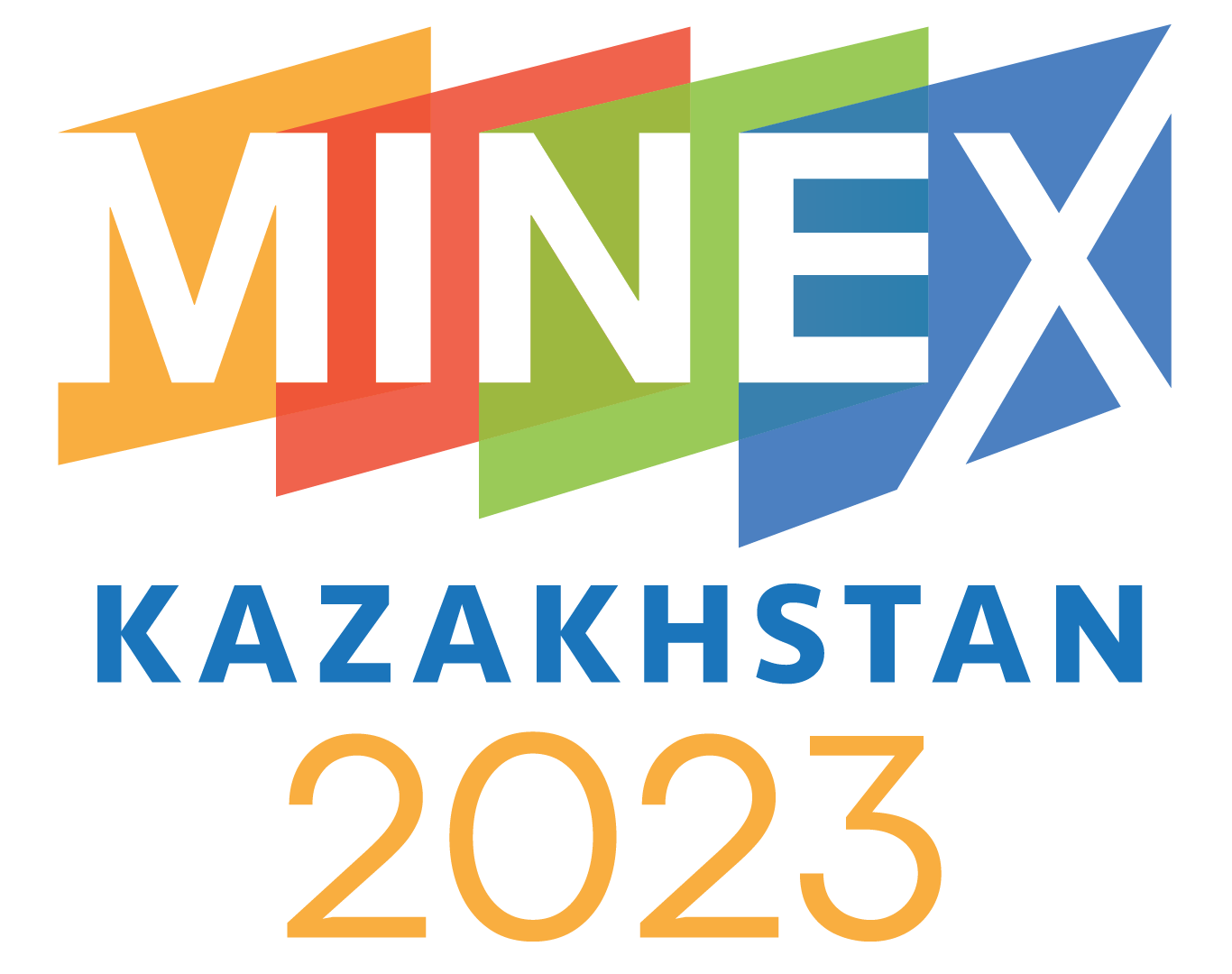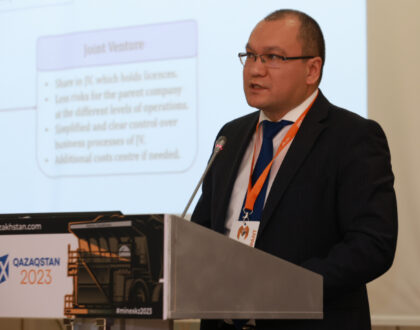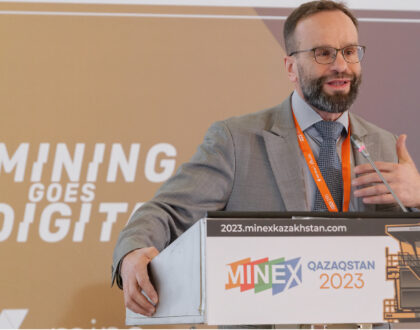Non-Tax Payments should be abolished according to Kazakhstan’s Major Mining & Metals Association

Presenting at MINEX Kazakhstan Forum in Astana on 19 April 2023, Nikolay Radostovets, the Executive Director of the Republican Association of Mining and Metallurgical Enterprises (AGMP) in Kazakhstan, has proposed abandoning the practice of non-tax payments in the country’s mining and metallurgical sector. He argued that many companies in Kazakhstan make extra-budgetary payments for various purposes, such as building schools and planting trees, which are not considered taxes. Radostovets believes that the tax burden coefficient for the mining and metallurgical complex in Kazakhstan is relatively low compared to international standards.
He suggested adopting an international system for assessing the tax burden, known as the CNN (tax burden factor), which considers all payments made by companies. Radostovets emphasized the need for a stable taxation system and expressed concern about frequent changes to taxes in recent years. He proposed gradually phasing out all non-tax payments and transitioning to internationally recognized tax mechanisms, such as the MET (tax on the extraction of minerals) and royalties. He also advocated for removing value-added tax (VAT) from geological exploration, as it was before.
In addition to tax reforms, Radostovets identified two other key issues to address. The first is the creation of a “single window” system within the Geology Committee of the Ministry of Industry and Infrastructure Development. This system would allow investors to interact with all relevant government agencies through a centralized platform. Radostovets highlighted the challenge of dealing with independent legislation within different ministries, which complicates the process of increasing investment attractiveness in the industry.
The second key issue relates to unresolved matters concerning environmental permits, land, and water for subsoil users. Radostovets emphasized the need to establish the Ministry of Industry and Infrastructure Development as the key ministry responsible for creating a comprehensive legislative framework for subsoil users. He suggested forming a special interdepartmental commission led by the vice minister of the ministry to expedite the approval process for project documents.
Lastly, Radostovets mentioned the importance of amending the Code on Subsoil and Subsoil Use, which requires immediate attention. He emphasized the need to address issues related to losses, auctions, and other pertinent matters. He called for the harmonization of various codes, including the Environmental, Water, Land, and Tax Codes, to ensure a cohesive system.
Radostovets believes that addressing these three key issues—tax reforms, the establishment of a centralized system, and amendments to relevant codes—will enhance Kazakhstan’s investment attractiveness, particularly in the field of geology.



